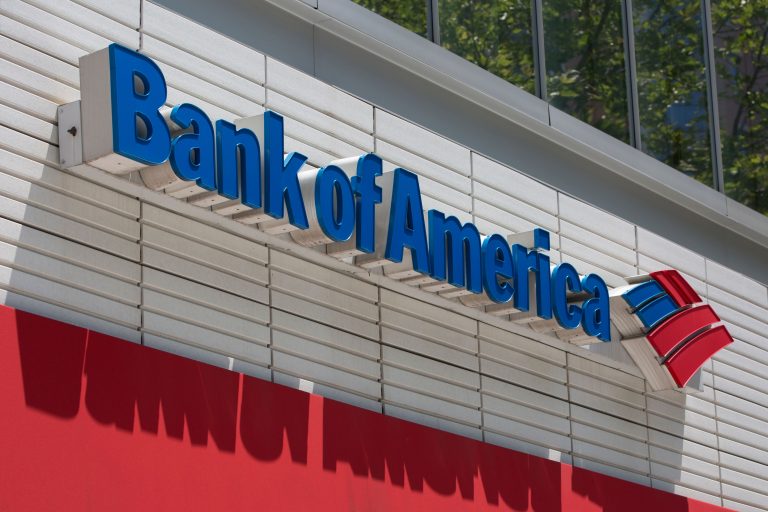In recent days, some Wall Street’s banks have opened the floodgates and are now allowing trades in Russian debt, according to bank documents obtained by Reuters.
Investors who have been stuck with Russian assets can now relieve themselves as the West begins to ease restrictions imposed following Moscow’s invasion of Ukraine.
According to an investor with Russian securities and two banking sources, the Treasury Department forbade U.S. investors from conducting business with any Russian security amidst economic sanctions.
However, the Treasury introduced new guidelines in July to ease U.S. holders’ positions with prominent firms on Wall Street allowing them to slowly seep back into the Russian bond market, data from six banks and interviews with sources revealed.
The guidelines would help deal with default insurance payments on Russian bonds, while also allowing banks to make transactions of Russian securities if it benefits U.S. holders.
Success
You are now signed up for our newsletter
Success
Check your email to complete sign up
Among the American banks currently in the market are JPMorgan Chase & Co., Bank of America Corp., Citigroup Inc., and Jefferies Financial Group Inc.
Though the Bank of America, Barclays, Citi and JPMorgan have yet to comment, Jefferies is reported to be “working within global sanctions guidelines to facilitate our clients’ needs to navigate this complicated situation,” one of its spokespersons said.
READ MORE:
- With Both Small and Large Banks in Trouble, Will China’s Debt Crisis Blow Up?
- 10,000 Millionaires Expected to Leave China This Year–And Take $48 Billion With Them: Report
- Lithuania Will Allow Sanctioned Russian Goods Trade to Kaliningrad
- SWIFT Drops Russia But Sanctions May ‘Backfire’
With Russia’s invasion of Ukraine, around $40 billion of Russian sovereign bonds were left in limbo, with almost half of the bonds being taken in foreign funds. Investors are currently stuck with Russian assets due to drops in their value, a decrease in buyers and economic sanctions.
Following the threat of sanctions and the Treasury’s move against purchasing Russian debt or stocks, banks have been forced to withdraw from the market. Since then, regulators have attempted to ease the burden on investors.
With trading restored in late July, the price of some bonds soared, potentially enticing investors and companies selling protection against a Russian default.
Some of the banks are allowing trade of Russian bonds, while others opened up to facilitate trades in bonds denominated in both Russian roubles and U.S. dollars, as documents and an investor who holds securities said. However, the banks demand additional paperwork from clients and are still cautious of taking on risk.
The Bank of America declared that it is “now facilitating divestment of Russian sovereign and select corporate bonds,” but it would act as “riskless principal on client facilitation trades” — when a dealer resells a bond right after purchasing it — and warned of “a lot of rules around the process.”
Some banks are also giving the chance to help clients divest their holdings and other forms of trades that would lessen exposure to Russian assets. Others restrict trades to asset disposals only.
Banks are also requesting signed documents before trades that would give them the power to cancel trades should a settlement not be reached.
One bank warned its clients of prolonged settlements.
Europe winding down
Meanwhile, European banks, including Deutsche Bank AG., Barclays Plc., and the Union Bank of Switzerland (UBS), have also lifted restrictions for investors to wind down their positions.
Deutsche Bank is said to be trading bonds for clients “on a request-only and case-by-case basis” to prevent further risks with Russia or its non-U.S. clients.
However, other banks like Credit Suisse and HSBC did not dive back into the Russian debt market to avoid risks, according to those familiar with the banks’ activities. HSBC agreed to sell its Russian subsidiary to Expobank.
Russia is also taking steps to ease its own restrictions that were made to safeguard its economy from the sanctions, by allowing investors from “countries that are not hostile” to trade in the Russian bond market, according to the Moscow Exchange.
















